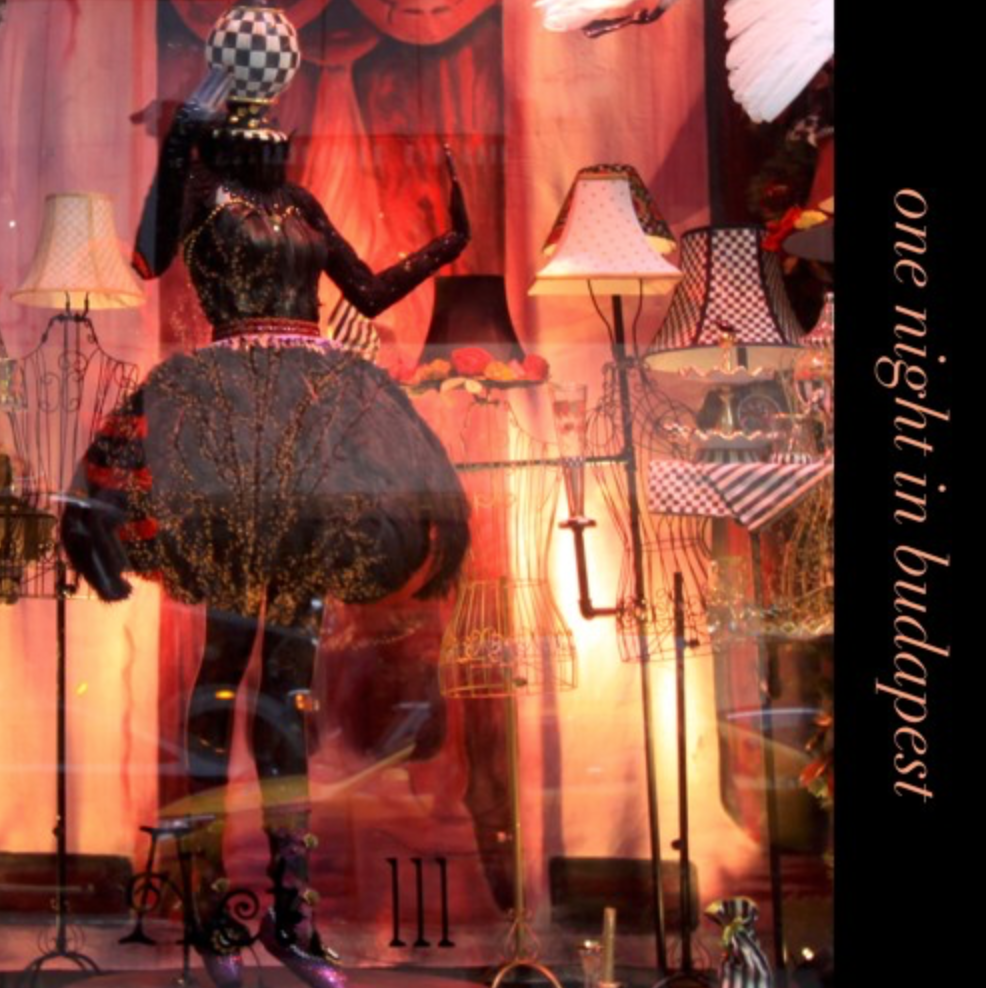With ‘Dance of the Siren,’ the virtuosic composer Bruce Cohen unveiled a composition that is as intricate as it is profound, drawn from his latest album, ‘8 BC.’ By blending the ornate richness of neo-classical elements with the pulsating depths of sci-fi intrigue, each note seems to decide whether to comfort or challenge the listener.
Cohen’s mastery in synthesising disparate musical traditions is evident, as ‘Dance of the Siren’ embarks on a voyage through lush, theatrical gravitas and bursts into scintillating sci-fi phases. This duality in tone and texture transforms the listening experience into an exploration of emotions, leaving one oscillating between catharsis and disturbance—a true testament to his unique position in the electronic music sphere.
Cohen’s journey in music has been a kaleidoscope of genre-defying ventures. From scoring plays like ‘Dr. Jekyll & Mr. Hyde‘ at Philadelphia’s Walnut Theatre to forming the heavy, psychedelic jazz trio Big Fun 3, his creative bandwidth stretches far and wide.
His solo projects resonate with a penchant for German electronic minimalism and ambient soundscapes reminiscent of luminaries like Brian Eno and Klaus Schulze. With each album from ‘1 BC’ to ‘8 BC,’ Cohen has progressively dipped deeper into his own experimental ethos, melding ambient, funk, and trance elements to forge a distinct sonic signature.
Dance of the Siren was officially released on November 11th; stream the single on Spotify now.
Review by Amelia Vandergast


